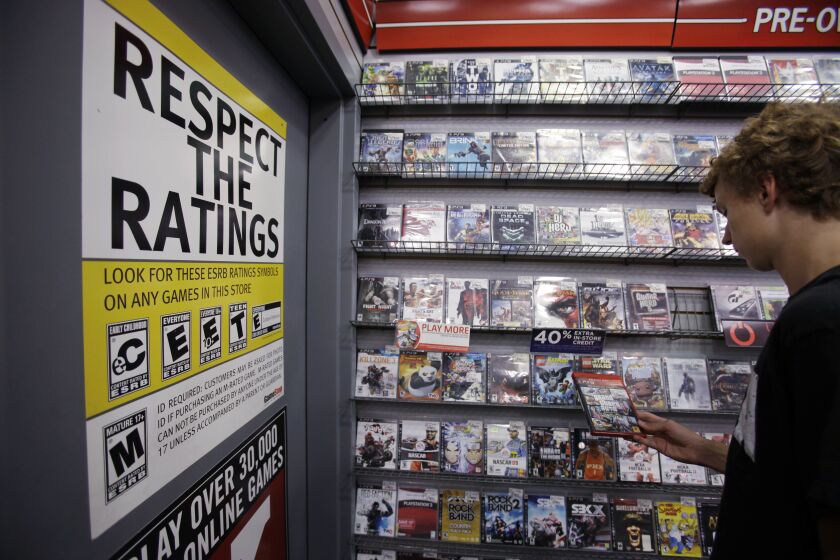In 1903, the city of Chicago barred nickelodeon operators from showing a pair of popular Western silent movies, “James Boys” and “Night Riders,” under the theory that seeing shoot-outs glorifies crime and warps the minds of youth.
The nickelodeon owners — Jake Block, Nathan Wolf, J.H. Ferris, and others — sued.
This kicked off more than 80 years of police censorship of movies in Chicago, either to protect children, or defend the reputation of the city — Paul Muni’s 1932 “Scarface” was banned here because it suggested there was organized crime in Chicago.
I’ll pause while you chuckle softly and shake your head at that one.
This went on for decades, and even Richard M. Daley was so agitated by the swears in the script of “Hardball” that he wanted to somehow deny filmmakers the right to use the word “Chicago.”
I’m going into this background to establish my perspective as I read Zac Clingenpeel’s article in Tuesday’s Sun-Times about state Rep. Marcus Evans Jr. trying to combat carjacking by banning the sale of Grand Theft Auto and other violent video games to minors.
His heart is in the right place, certainly. But too often public officials focus on the “do something” side of the equation and ignore the “combat the problem” part.
There is science on this, and none of it indicates that video games contribute to actual violence. Heck, some research suggests they reduce it, in which case Evans could fight carjacking more effectively by subsidizing and distributing copies of Grand Theft Auto — well, I guess Grand Theft Auto V, as kids want the latest version.
I contacted Evans, to get his reaction, floating the idea that there’s no connection between violent video games and real-life violence.
“That statement is an opinion about what doesn’t work, based off data,” said Evans, who represents the 33rd District on the South Side. “You say it doesn’t work. But it could be five kids, 10 kids, who it makes think this is normalized behavior. There is a reason we don’t have slavery games, games where we’re raping women, anti-Semitic games. You just don’t want to normalize behavior.”
He said studies are one thing, personal experience another.
“I’m talking to these kids,” he said. “I grew up at 85th and Blackstone. I know kids who are carjacking. They steal the car, they drive it around. They’re stealing these cars because this behavior is being normalized. Some of them do believe it’s fun and games. I’m telling you, it’s reality. They’re scaring the sh-t out of women. My mom lives in this neighborhood, and she’s afraid. This is an emergency situation that needs all the attention we can give it. That’s why I filed the legislation, proudly.”
Maybe it’s true that previous generations weren’t affected by video games, Evans said. But maybe this one is.
“I get the data, but data changes, because generations change,” he said. “You’ve got to get into the minds of the current generation, how they’re taking in information. I don’t think they’re digesting the trauma they cause. I don’t know that all of them really get it. They grew up, stealing a car is a video game, fun. When you’re done, hit reset. There’s no reset for this.”
Evans has a point, and caused me to reconsider. I still believe the way to stop carjackings is to fix jobs and education and family life and systemic racism. But those are very hard nuts to crack. Keeping kids away from Grand Theft Auto is more doable, and certainly a sign that society doesn’t think this kind of thing is fun. Maybe it’s a broken windows situation: fix the small stuff and the big stuff follows.
That was the reasoning in 1903. The lawsuit Block et al v. City of Chicago went to the Illinois Supreme Court, where chief Justice James H. Cartwright ruled the city can ban movies because:
“The audiences include those classes whose age, education and situation in life specially entitle them to protection against the evil influence of obscene and immoral representations. The welfare of society demands that every effort of municipal authorities to afford such protection shall be sustained, unless it is clear that some constitutional right is interfered with.”
I’m a liberal, but not so liberal as to argue that children have a constitutional right to pretend to steal cars and pistol-whip prostitutes.






